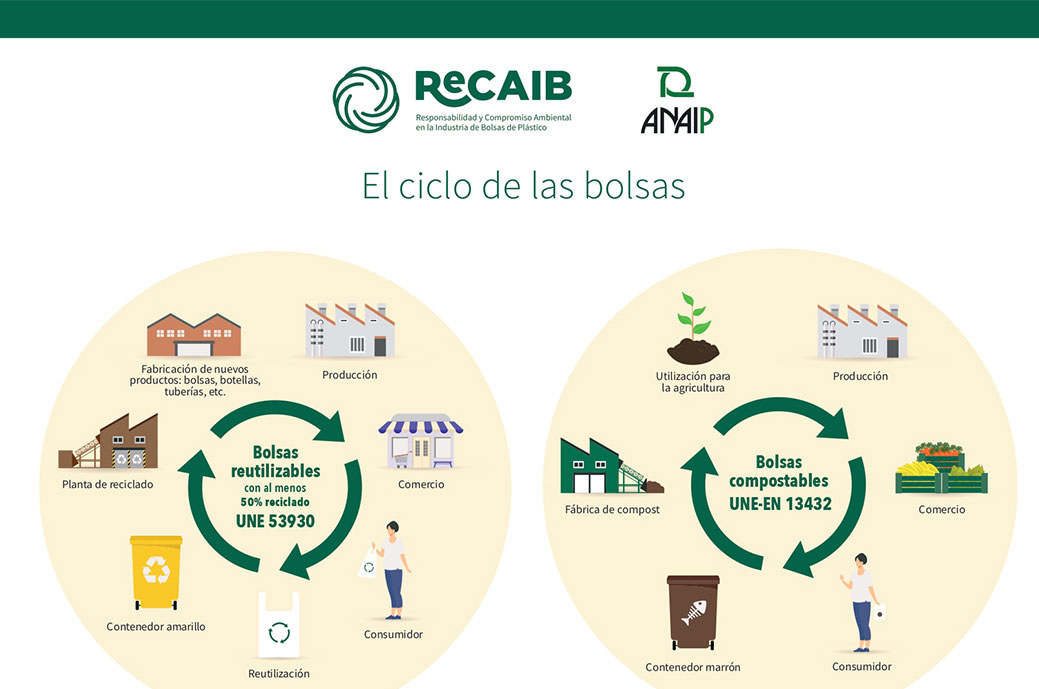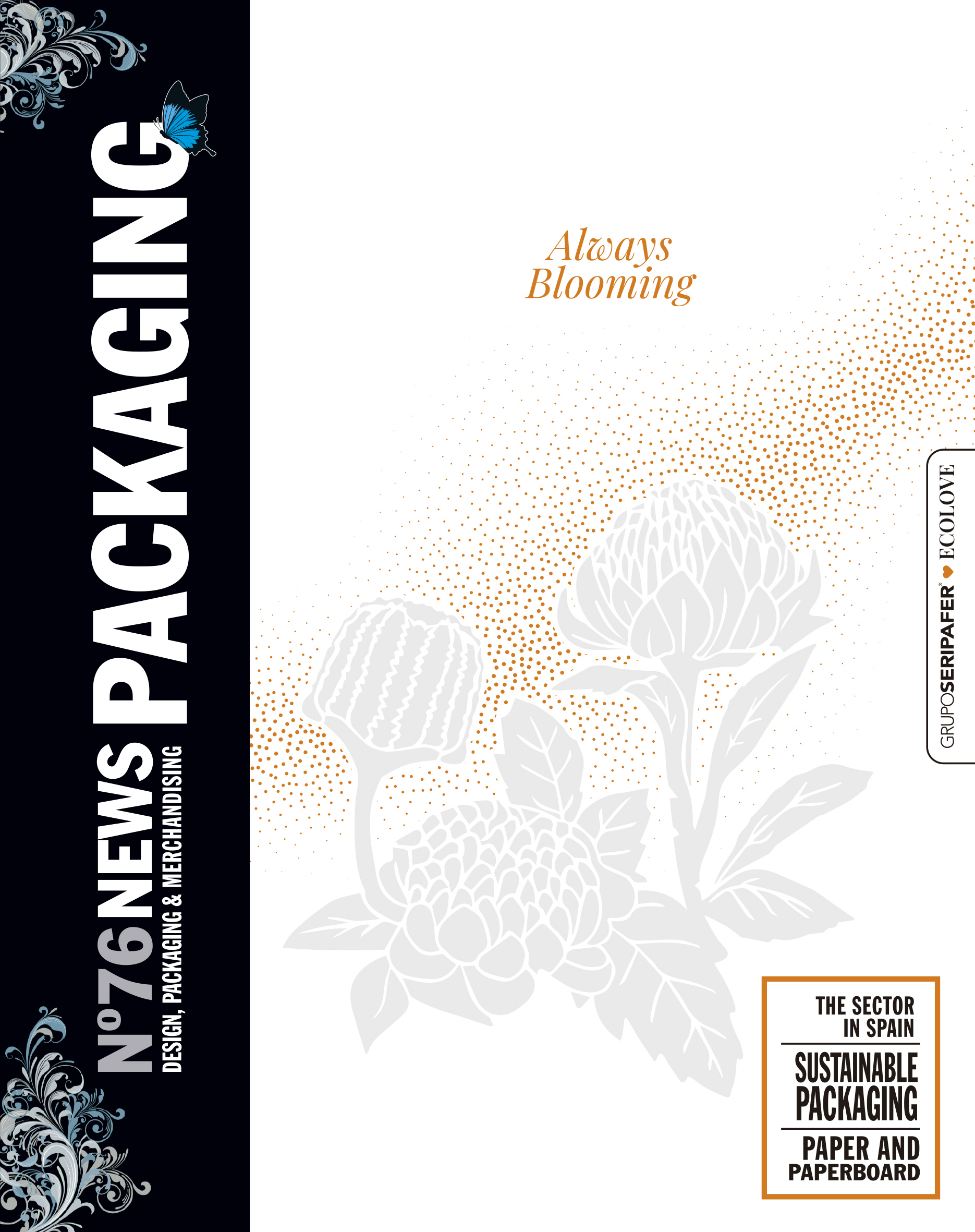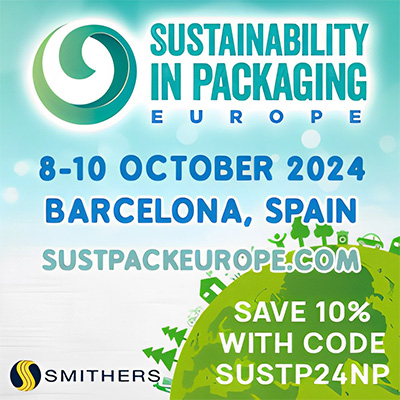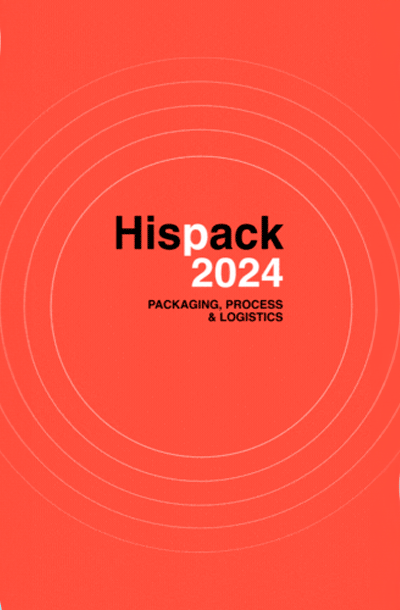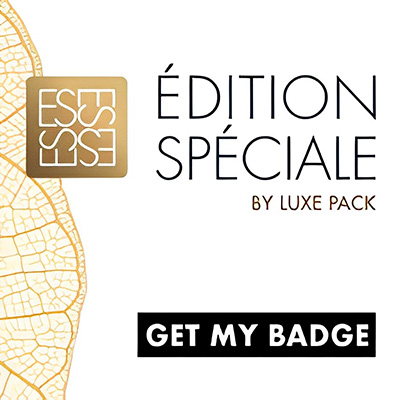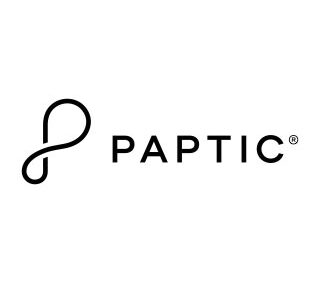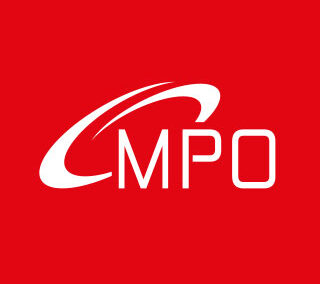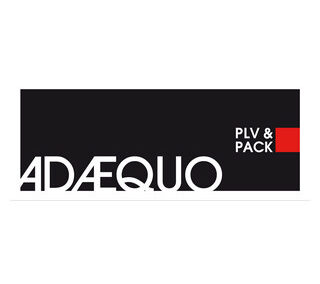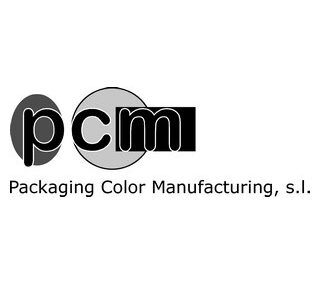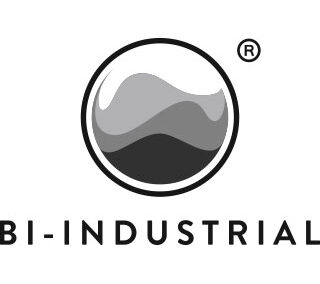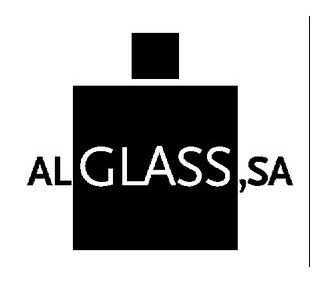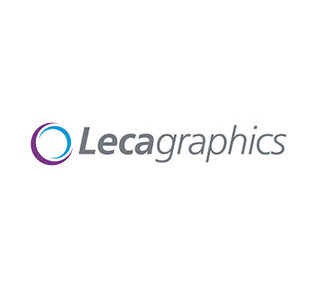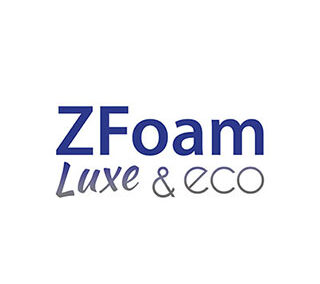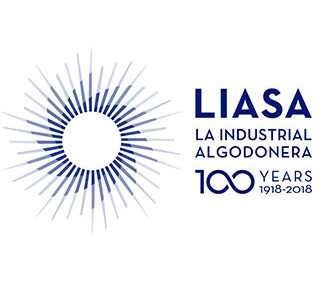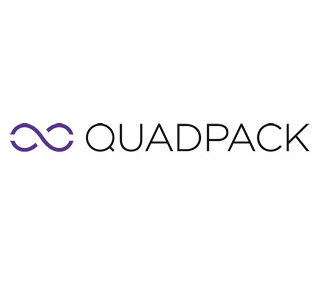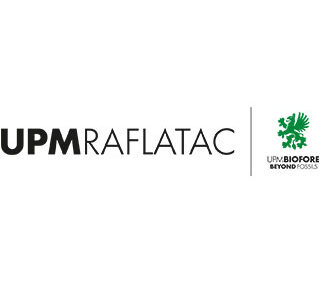Anaip He has launched ReCAIB (Responsibility and Environmental Commitment in the Plastic Bag Industry), a plastic bag maker platform to promote good practices and compliance with Royal Decree 293/2018.
Royal Decree 293 on reducing the consumption of bags came into force in 2018. Its latest measure establishes which bags can be delivered in shops: bags with recycled material content that are discarded in the yellow container and biodegradable and compostable bags of different thickness according to their use and discarded in the brown container.
The objectives of this platform are reinforced by Regulation 2019/1020 on market surveillance and product conformity.
"Adherence to this pact will have a positive effect on society and we hope that it will improve the unfair image that exists today against the products we manufacture," he explains. Peter Melgarejo, director of organization and strategy at Eversia and spokesperson for ReCAIB.
The traditional plastic bags (Those that are discarded in the yellow container and since the application of the Royal Decree are manufactured with different amounts of recycled material, from 50%) are not single-use bags, but are designed to withstand multiple uses, according to the UNE standard 53930-1 / 2, which makes them an affordable, efficient and more environmentally friendly alternative to those made from other materials.
In fact, a reusable plastic bag weighs only 20 grams, while a paper one weighs 50. Paper requires much more energy to produce and recycle. As for cloth bags, a cotton one weighs 250 grams and its production consumes so much water, soil, fertilizers or pesticides that it would have to be reused at least 200 times to have a lower environmental impact than a plastic bag.
The biodegradable and compostable bags, according to the UNE-EN 13432 standard, they are specially designed for contact with food (for example, those used in the fruit and vegetable section of the supermarket) and are usually discarded after use for hygiene reasons, since they often remain remains of the food they contain. Therefore, in environmental terms, it is more useful if they are made of compostable plastic and are thrown in the same container as organic waste. These bags must be certified and can be easily identified through the brown point, same color as the container in which they are disposed of. To avoid bad odors when collecting organic waste, the best option is to use an aerated bucket instead of a tight one.
Royal Decree 293/2018 also includes the creation of a register of producers and importers of bags to collect information on the quantity of these products that is put on the market. This registry allows collecting truthful information and ensuring that the objectives established in the legislation are met.

